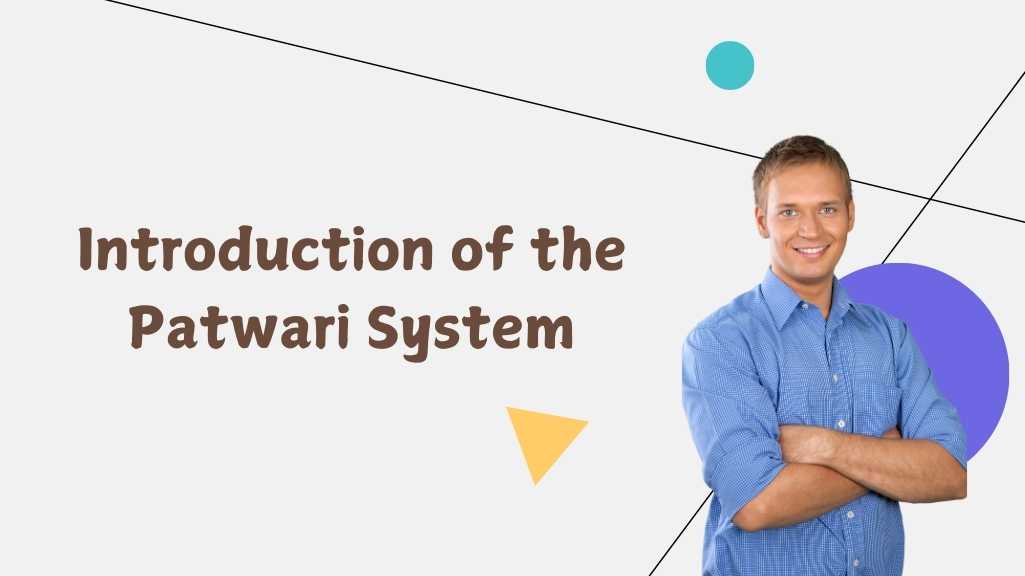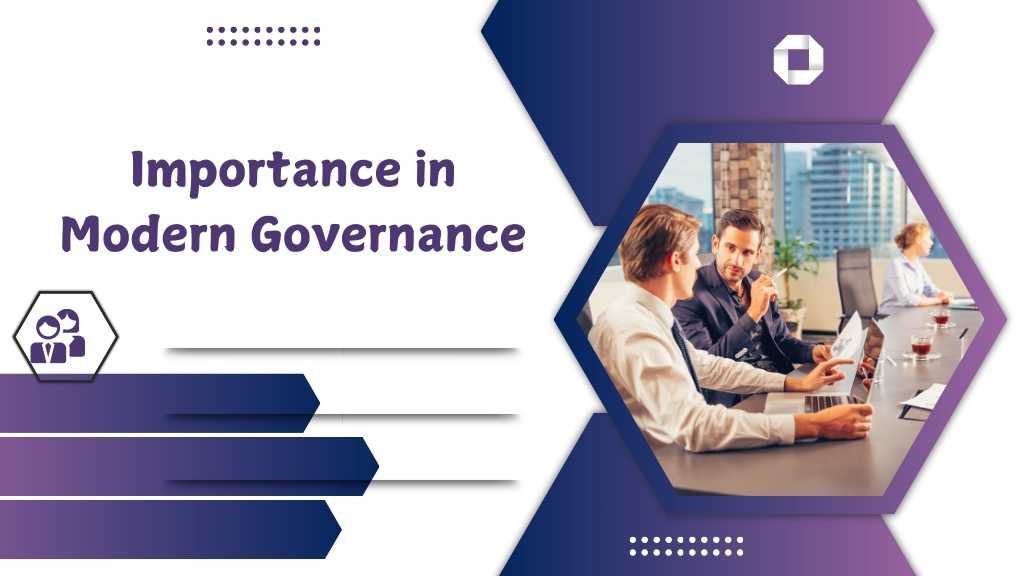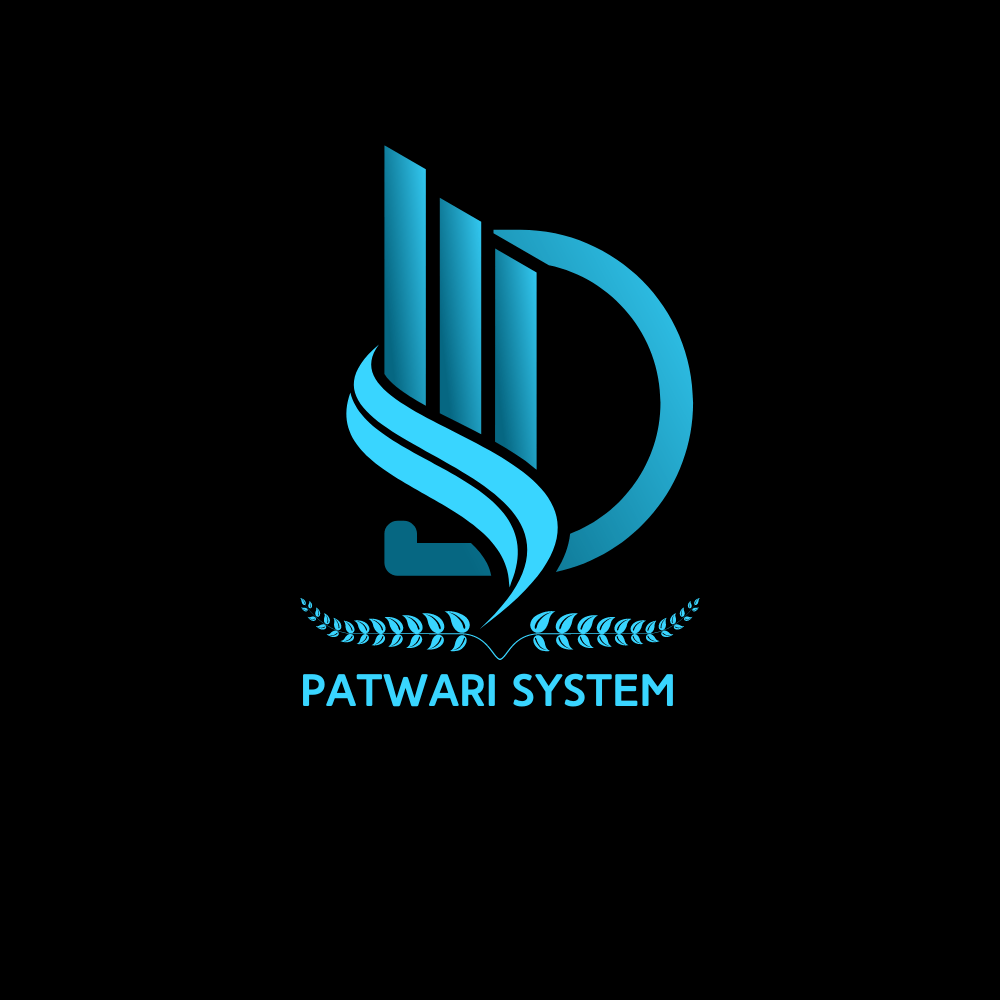In the rural setup of Pakistan, particularly in Punjab and provinces where land ownership and agricultural management are central, Patwari and Gardawar (or Girdawar) form the key functions. This is why relevancy and importance of Patwari and Gardawar within the revenue hierarchy is quite significant as both of these officials deal with land records, tax collection on lands, and resolving land conflicts. This article looks into the exploration of the functions and duties of Patwari and Gardawar, their historical roots, current activities, importance in contemporary governance, and recent changes that took place in order to bring the system to the present day .Patwari vs Gardawar.
Table of Contents
1. Overview of the Role of Patwari and Gardawar
Patwari and Gardawar are traditional land management officers who operate within the revenue system of Pakistan. Patwaris are the first-tier officials who interact with the landholders and the people at the village level while the Gardawars manage several Patwaris and act as a link between them and the above revenue officers. Both the Patwaris and Gardawars are helpful in the processes of adjudicating land, collecting taxes on agriculture, and settling disputes within communities.
2. Introduction of the Patwari System
The patwari system was an element of the Mughal Empire, which implemented a systematic land revenue recording System, which was very instrumental in keeping records of Agricultural Land. This system was adopted and perfection was made during the British administration in India. After the independence of Pakistan, this system was not abolished as its ability to manage land information systems was observed to be useful, and the system is still in practice today with some changes to meet contemporary requirements.

3. Role and Responsibilities of Patwari
A Patwari is the lowest in the hierarchy when it comes to land record management and consists of all the officials engaged with land record maintenance and upkeep within the village. Their main duties are as follows:
- Land Records Maintenance: Patwaris are responsible for recording the land titles, land transactions, and borders as part of ownership documents. They keep on making changes or updates to the records to reflect ownership changes due to transfers, sales or inheritance.
- Revenue Collection: Patwaris are appointed for the collection of land rent and any other service charges from the landowners for the land record and are required to maintain the proper accounts of the same to the superiors.
- Survey and Measurement: Patwaris are responsible for surveying and measuring the property and making boundaries recording to help resolve the quarrel between the owners of lands.
- Dispute Resolution: Patwaris deal with minor land disputes and settle them by recovering the land record and land history of the land in most cases small boundary disputes.
- Agricultural Data Recording: This includes but is not limited to crop types planted, their expected yields as well as various degrees of farming engaged and this is useful in monitoring changes in agricultural activities by government agencies.
In the daily activities in the rural areas, Patwaris are of great importance in that they help preserve and make available the documents. Their roles are very tasking since they practice land record management together with openness.
4. Role and Responsibilities of Gardawar
A Gardawar also known as Girdawar or Qanungo is the in charge of supervision of a number of Patwaris which are under a specific territory called Kanungo. Many of their duties include:
- Supervision and Inspection: Gardawars look after the performance of patwaris work and check if all records are revised and all revenue is collected.
- Verification of Land Records: Even though they have the power to trace and find back land records, they go through the records to ensure that tasks performed by Patwaris are eror-free.
- Report Compilation: Reports on revenue collection or the enhancement of land records are prepared by Gardawars that are submitted to Tehsildars (officers of revenue) for administration.
- Training of Patwaris: People in questions will be training the newly employed Patwaris on how to go about with the work and conform to the laws of this country regarding revenue.
- Dispute Mediation: Gardawars also de-escalate stubborn situations by weighing the differences amongst sovereigns with respect to the same land or conflicting land records, given their use of local information and authority.
Being in management position between Patwaris and their authorities meaning Gardawars form a chain in a two-way flow of information improving the credibility of land records and reporting.
5. Differences Between Patwari and Gardawar
While both Patwari and Gardawar serve in the land revenue department, their roles and responsibilities differ significantly:
| Aspect | Patwari | Gardawar |
| Level | Works at the village level | Supervises multiple villages within a Qanungo |
| Primary Role | Record-keeper and revenue collector | Supervisor of Patwaris and dispute mediator |
| Authority | Limited authority, mainly data collection | Higher authority, supervisory and reporting |
| Reporting To | Reports to Gardawar | Reports to Tehsildar or other senior officials |
| Interaction | Direct interaction with landowners and villagers | Indirect, supervisory interaction |
The differences highlight the hierarchy within the system, with Gardawars having a more managerial and supervisory role over Patwaris.
6. Importance in Modern Governance
In Pakistan, land ownership is a vital aspect of wealth, agriculture, and social stability. The roles of Patwari and Gardawar are essential for:
- Land Security: Proper documentation prevents illegal land grabbing and ensures rightful ownership.
- Revenue Generation: The taxes collected on agricultural land contribute significantly to the rural economy and public funds.
- Agricultural Planning: Accurate crop and land data provided by Patwaris help government bodies plan agricultural support programs.
- Conflict Resolution: Local conflict resolution based on reliable land records helps in maintaining peace and stability in rural areas.
Their roles are integral in rural governance, providing a foundation for agricultural policy, property rights, and conflict resolution.

7. Problems in the Patwari and Gardawar System
The Patwari-Gardawar system has helped a great deal in land administration but there are problems in the present-day use of this system:
- Record management is manual: Emphasis on manual recording increases chances of making mistakes, loss or tampering of data.
- Corruption: Some officials believe Patwaris and Gardawars get corrupt and demand kickbacks from the system.
- Sparse Control: Since Gardawars encompass wide areas, they might face difficulties in adequately supervising Patwaris, potentially leading to inaccuracies in records.
- Control over Immunity to Change: There are some areas where people are not very cooperative with regards to gaining and applying any digital changes dulling the efforts of achieving transparent land administration.
Tackling all these issues is important in developing an efficient as well as an accountable system.
8. New Reforms and Digitalization
In recent times, Pakistan has embarked on a number of changes that are undoubtfully aimed at reforming the Patwari-Gardawar system. One of those reforms is the use of technology.
- Punjab Land Record Authority (PLRA): PLRA has been formed in Punjab to convert land records into electronic form, thereby establishing a central repository of documents that makes land information very easy to access and minimizes use of paper and physical documents.
- E-Governance Initiatives: The setting up of online sites and mobile apps in Punjab and Sindh for Land records translates to reduced workload for the Patwaris and Gardawars and easier access to data.
- Biometric Verification: Biometric systems are utilized in some regions to facilitate land transactions. Thus, the land will only be transferred by the actual owner without any third parties.
- Transparency and Accountability: Thanks to these reforms, the level of corruption is likely to decrease since there will be no loopholes encouraging dishonesty an accuracy of land records is improved.
Digitalization is one of the optimal ways of addressing problems of land management by enhancing record-keeping of land tenure in Pakistan to be more efficient, precise, and transparent.
9. Conclusion
The roles of Patwari and Gardawar are deeply embedded in Pakistan’s land administration system, with each playing a crucial part in maintaining accurate land records, collecting taxes, and resolving local disputes. While historically the system has relied on manual record-keeping and faced challenges of corruption and inefficiency, recent digital reforms offer a promising future. The move toward digitized land records, supported by government initiatives like PLRA, provides an opportunity to streamline the system, enhancing both transparency and public trust. Understanding the roles and responsibilities of Patwari and Gardawar sheds light on the importance of a well-organized land administration system in supporting governance, security, and economic stability in Pakistan.
FAQ, S
1. Explain the distinction between Patwari and Gardawar as defined by the land administration system of Pakistan?
Answer: A Patwari and a Gardawar serve very different purposes in regard to the land management system of Pakistan. A Patwari works at a village level and keeps registers for land, collects land revenue and settles petty land issues. Comparatively, a Gardawar’s responsibilities include management of Patwaris in a higher territorial unit known as Qanungo, correcting forms, preparing papers, and resolving serious disagreements. Gardawar has more power than Patwari and that is the reason why he is there, to validate everything that the Patwari does.
2. What are the tasks assigned to a Patwari within Pakistan?
Answer: In Pakistan, a Patwari is accountable for the maintenance of the land records, territorial revenue collection, mapping of lands, and intervening in village disputes in a lower jurisdiction. It includes agricultural tax collection, especially land revenue, and all-aided by Pat available which includes a vast database of cropland, crop implementation, etc. Their contribution is chiefly towards efficient and accurate land records as well as improvement in the income of the informal economy.
3. Who oversees the Patwari system under the Gardawar?
Answer: The Gardawar also called a Girdawar or Qanungo is in charge of more than one Patwari for a given area in the country. Gardawars cross-check the accuracy of land records, monitor revenues, educate new Patwaris in work practices, and prepare comprehensive reports for revenue officers of senior ranks. Their functions combine several aspects since they act as a link between the Patwaris and higher revenue i.e. maintain clarity in land administration.
4. Why is digitalization important for the Patwari-Gardawar system in Pakistan?
Answer: Digitalization has great importance in the Patwari-Gardawar system of Pakistan because it helps accurate, less waste, avoids bribery and easily get files. Within the Punjab Land Record Authority (PLRA) initiatives, online databases, biometric systems, and e-portals for land rights has been implemented. As a result, this transformation raises up transparency, helps public trust improvement and enhances land administration efficiency.
5. In case of Patwaris and Gardawars working in Pakistan’s land record system what are the challenges?
Answer: Patwaris and Gardawars working in Pakistan land records system facing issues including manual registry maintenance which has not changed over the years, possibility of corruption and very little supervision in areas cut off from the rest of the country. Lack of enthusiastic embrace of the technology also tend to delay change for the better. However, addressing these issues through reforms and greater deployment of accountability will enable the establishment of a land administration system that is more efficient, more open and more reliable than the present one.


4 thoughts on “Patwari vs Gardawar: Roles and Responsibilities”